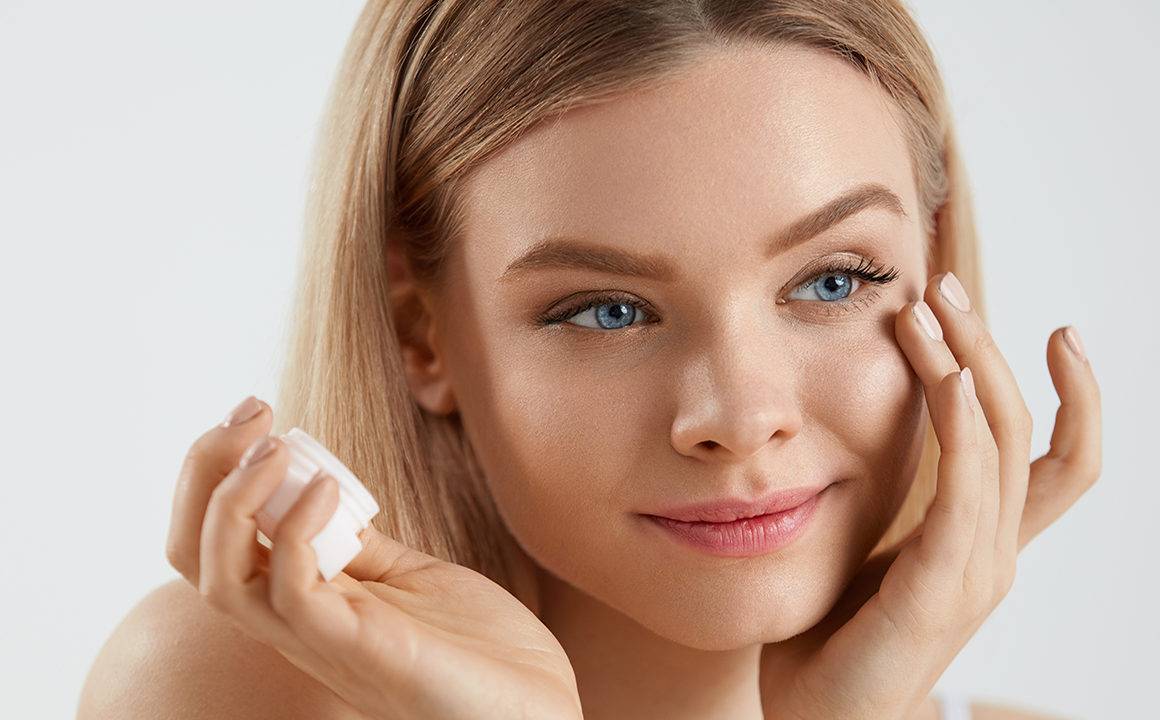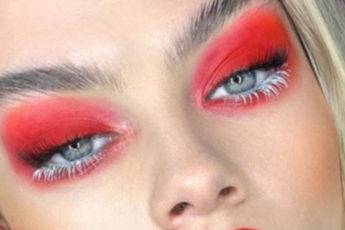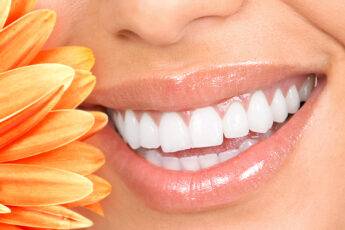The Most Effective Acne Treatments That Really Work

When considering the right treatment for your acne needs, you must put everything from the medically enhanced to the natural alternatives on a balance and see what works best for you.
Here we present a list compiled through the testimonies of professionals from coast to coast specializing in acne treatments. What truly works and what is merely an old wives’ tale has been sifted through, and here’s what we believe the truth is!
Acne Treatments That DO Work
1. Antibiotics do actually work! Dermatologists will often prescribe antibiotics because, especially when taken orally, they are super effective in clearing up your face. The problem is that the body can develop bacterial resistance about a month into treatment, which can be solved by alternating between topical and oral versions, as well as benzoyl peroxide.
2. Acupuncture just might do the trick. It doesn’t always work but it is definitely worth a try since the effects are indirectly achieved. Since stress often leads to acne, the acupuncture can help calm the body (while a healthy dose of yoga and meditation can calm the mind) and will also decrease cortisol levels that could be the leading factor of the breakouts. Make sure you are not using products that may clog your pores, eat right (not only just while you are having acupuncture treatments) and stop touching the breakouts, and you should be all right.
3. Spiro is very much recommended for hormonal acne. Spironolactate, as it’s medically known, is an anti-androgen drug that limits hormonal fluctuations. In other words, if you have an imbalance in your body leading to breakouts and not just black or whitehead problems, Spiro is the drug for you. It’s prescription-only so make sure you talk to a dermatologist about it. It doesn’t actually change hormone levels but it does prevent the imbalance from hurting the skin. It also would have negative effects on pregnancy so keep away if you’re trying to conceive.
4. Accutane is the common drug known to near every teenager out there who suffers from acne. It is believed to be the only drug that has visibly shown signs of curing acne, though there are obviously side effects. Always consult with a doctor first before picking up a drug. Severely dry skin, nosebleeds, itching, pains in the joints and other such complaints are rather common as a side effect. Only those with severe acne are prescribed this medication to prevent the side effects from causing more harm than the drug does good. It’s not for those who may be getting pregnant, who don’t want to add a second contraceptive, who have sudden flare-ups in the hormones, etc. In essence, it may be safe but you really should have the right symptoms to take it for maximum result.
5. Thyme might be a great household addition to help rid your face of acne. In 2012, Dr. Margarita Gomez-Escalada and other investigators from Leeds Metropolitan University tested the effect of tinctures of marigold, myrrh, and thyme against P. acnes. All three killed the bacteria within five minutes, but thyme was the most effective. As the thyme is an excellent antibacterial, antioxidant and anti-inflammatory herb, it is safe to conclude that thyme essential oils have rather high potency characteristics in fighting off acne.
6. Dairy might be a cause of the acne, but there are not enough sources to suggest this to be true. There is evidence that high-glycemic foods worsen the look of the acne (including white breads and snacks such as chips), so it may be wise to stay away from these if you are prone to breakouts. Soy products, peanuts, coffee and other such foods are also avoided for this reason. You do not want your body to be producing more oils than it already does, which is what’s led to your problem in the first place. The best thing to do here is to see how your body reacts. If you are breaking out more after having dairy, you might want to stop eating it.
7. Chemical peels may help stop acne, but that’s not for certain. Add in extraction, and it may work better. It may not be a cure in and of itself, but it definitely helps in the long run!
8. It seems birth control pills do help clear up your acne, but not without side effects. It’s safe, sure, but after a certain age, there’s an increased risk of blood clots. It’s always important to see the right specialists before going on a pill that disrupts the nature of the body.
9. Retin-A does wonders, as well, especially in reducing inflammation and opening up clogged pores. It prevents pimples from appearing and clears out both black and whiteheads. It is not a full treatment though and takes a long time to take effect. With Tretinoin, it always seems to get worse before things get better so patience is a virtue.
Acne Treatments That DON’T Work
1. Apple cider vinegar may not actually be the answer. It may be anti-bacterial but there is limited evidence to prove it gets rid of acne. You never know, however, as the more natural products often hold special effects for some skin types. What is the truth is that, while the vinegar might kill the bacteria on the outside, it is not nearly strong enough to get inside all those pores.
2. For some strange reason, toothpaste seems to be on the list of possible treatments for a pimple. Baking soda does bring out puss, but it certainly doesn’t show any real signs that it gets rid of the problem any quicker than it would without the toothpaste. Furthermore, some ingredients can actually cause acne to breakout, and that’s not something that you’d like. Honestly, don’t even go this route. It’s not worth the hassle.
3. Coconut oil is not going to have the desired effect, instead clogging up your pores. You want them open, not sealed shut! In every dermatologist’s words out there, do NOT try this one at home! It may taste good and smell great, but it’s not an acne remover.
In addition, UV rays won’t help but will only make you regret being under the sun so long. LED light therapy may help but studies are inconclusive, while aspirin masks are dodgy and may not be the best of ideas. Also keep in mind that honey is natural and may actually have a positive effect if made into a mask (even if it doesn’t clear the acne, it’s simply amazing for your skin), zinc will help both when ingested and used topically (eat lots of sunflower seeds, nuts, oyster, beef liver, etc.). Icing your skin may help with the inflammation but it will also create fissures on the skin which are not so good, and tea tree oil might really come in handy since it’s antibacterial and reduces inflammations (it’s also a favorite of many aestheticism to use after giving you a good waxing).
At the end of the day, do what is right for your skin and consult with a doctor about your possible options.
Share via:





Leave a Comment